Significant in Silence: Wheat Street Female Quartet
By: Demi Browder
Who is Wheat Street?
The Wheat Street Female Quartet is an all female group that emerged in Atlanta, Georgia in the 1920’s. You may wonder who are they? Where did they come from? I’ve never heard of an all women’s quartet group back then? Well, all those questions are common thoughts because the Wheat Street Quartet has barely any documentation of their existence except for the eight songs they recorded. The Wheat Street Quartet recorded four songs at Columbia and four songs at OKeh, yet not one name of a member in the group was stated or are there any articles with background information on the group. The group incorporated negro spirituals in some of their recordings in songs, “Go Down Moses,” “Wheel in a Wheel,” and others. This quartet contained enough talent and impact to record songs and be shared with an audience, but not given the respect and recognition to be introduced and glorified. If only people knew about the Wheat Street Female Quartet, maybe other women in the music industry would have been confident to take over the male-dominated genre or simply just give all women the reassurance that they are just as important and talented if not more than a man.

Jubilee Quartets in America
The Jubilee Quartet genre consists of three eras. The Jubilee era which occurred from 1880-1929, the transitional period from 1930-1945, and the gospel period from 1946-1969. The Jubilee era consisted of: university and minstrel jubilee quartets, community based jubilee quartets, community based jubilee quartets, shape-note/sacred harp quartets, and barbershop community quartets. The transitional era incorporated cultures of migration north, urbanization, black churches, touring, and song battles. While the gospel era incorporated improvisation and enhanced in instruments. The Jubilee Quartets consisted of about four to six members all being assigned a position; first tenor, second tenor, baritone, and low bass. This specific genre was able to bridge both black and white musical applications while incorporating negro spirituals and white perspective of folk. Jubilee quartets represented mostly men with few female voices highlighted along the years, which is evident through high recognition and praise of men quartets, and lack of acknowledgement to women in that industry like the Wheat Street Female Quartet.
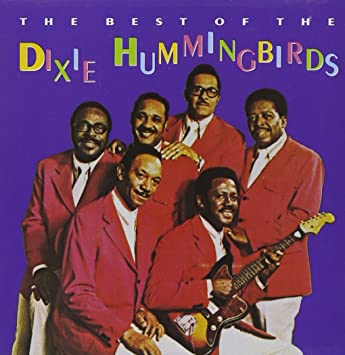
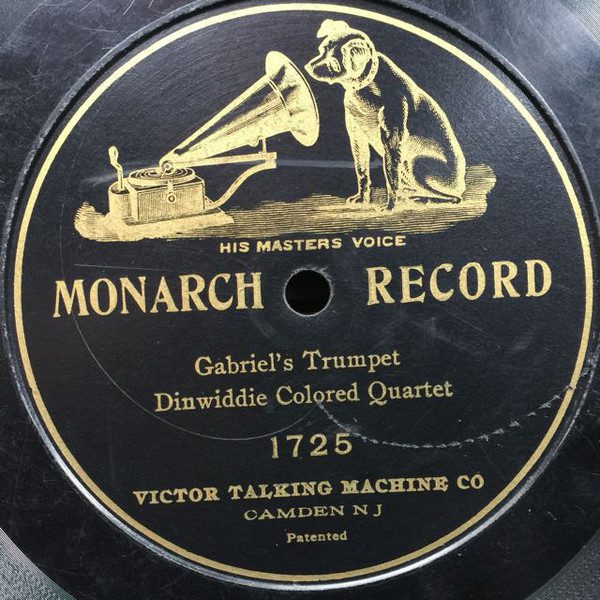
The Struggles of Success in A Male- Dominated World
My perspective on this genre was just another item added to my list dealing with the lack of recognition in women. Women have it hard and to have a talent that you want to share with the world but it’s looked at as “that’s really good for a woman,” or “oh wow what a voice for a black woman,” is not compliment or sense of recognition. Most of the successors in this genre were black men for example the Dixie Hummingbirds, the Five Blind Boys, the Dinwiddie Colored Quartet, and the Golden Gate Quartet. But when it solely comes down to all women recognition and success in this genre it is little to none. This is seen in other genres as well, but more importantly seen in other topics of conversation. Women having been battling this ongoing male- dominated world in every category since the beginning of time. But, when is it going to be an even playing field? When is talent going to be seen as only talent and not gender or race? As a black woman I don’t have an answer to those questions, but I have hope that I will be apart of the change. As well as I am grateful for groups of women like the Wheat Street Female Quartet for sacrificing themselves for me to be where I am today. But, I myself want to be a part of the next sacrifice so other young women after me can be viewed in this world how they see themselves; an individual with a talent, a purpose, and mindset to reach infinite success regardless of what box they check on paper.
Other Works About Jubilee Quartets
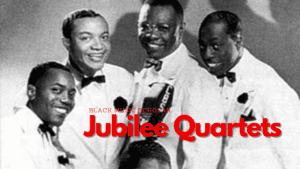
Jubilee quartet
/*! elementor – v3.13.2 – 11-05-2023 */ .elementor-column .elementor-spacer-inner{height:var(–spacer-size)}.e-con{–container-widget-width:100%}.e-con-inner>.elementor-widget-spacer,.e-con>.elementor-widget-spacer{width:var(–container-widget-width,var(–spacer-size));–align-self:var(–container-widget-align-self,initial);–flex-shrink:0}.e-con-inner>.elementor-widget-spacer>.elementor-widget-container,.e-con-inner>.elementor-widget-spacer>.elementor-widget-container>.elementor-spacer,.e-con>.elementor-widget-spacer>.elementor-widget-container,.e-con>.elementor-widget-spacer>.elementor-widget-container>.elementor-spacer{height:100%}.e-con-inner>.elementor-widget-spacer>.elementor-widget-container>.elementor-spacer>.elementor-spacer-inner,.e-con>.elementor-widget-spacer>.elementor-widget-container>.elementor-spacer>.elementor-spacer-inner{height:var(–container-widget-height,var(–spacer-size))} /*! elementor – v3.13.2 – 11-05-2023 */ .elementor-heading-title{padding:0;margin:0;line-height:1}.elementor-widget-heading .elementor-heading-title[class*=elementor-size-]>a{color:inherit;font-size:inherit;line-height:inherit}.elementor-widget-heading .elementor-heading-title.elementor-size-small{font-size:15px}.elementor-widget-heading .elementor-heading-title.elementor-size-medium{font-size:19px}.elementor-widget-heading .elementor-heading-title.elementor-size-large{font-size:29px}.elementor-widget-heading .elementor-heading-title.elementor-size-xl{font-size:39px}.elementor-widget-heading .elementor-heading-title.elementor-size-xxl{font-size:59px} What is
The Jubilee Quartet: A Male-Dominated Musical Genre
The Jubilee Quartet: A Male-Dominated Musical Genre by Lila Gilliam The Jubilee Quartet was birthed after the prevalence of Negro Spirituals being performed on collegiate
Zion Harmonizers–Staples of the Transitional Era
https://www.youtube.com/watch?v=uL0cGLue-iE In 2019, the Zion Harmonizers celebrated their Diamond Jubilee. That same year, they took part in the 50th annual Jazz Fest, a spot the
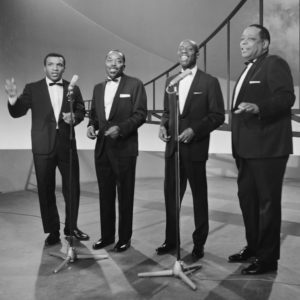
Jubilee Quartets Transformation of Negro Spirituals
Jubilee Quartets Transformation of Negro Spirituals By MacKenzie Fox Jubilee Quartets Impact on Negro Spirituals Jubilee Quartets helped to transform negro spirituals into gospel during
A Dedication to the Wheat Street Female Quartet
Significant in Silence: Wheat Street Female Quartet By: Demi Browder Who is Wheat Street? The Wheat Street Female Quartet is an all female group that
Negro Spirituals: Selah Jubilee Singers
Spirituals or Negro Spirituals, consist of christian music that is from the creation of generations of African-Americans. Negro Spirituals often lyricize the struggles of the
Other Works by the Author

Gospel Through the Decades
All Aboard the Gospel Train By: Demi Browder For those like me who wasn’t too heavily experienced with gospel, hop on this train to take
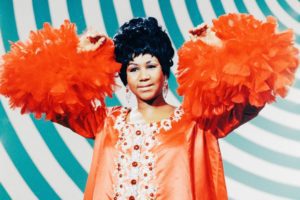
All Hail the Queen… of Soul
Put Some Respect on Her Name: Aretha Franklin By: Demi Browder The Queen of Soul Aretha Franklin was born on March 15, 1942 in Memphis,
A Dedication to the Wheat Street Female Quartet
Significant in Silence: Wheat Street Female Quartet By: Demi Browder Who is Wheat Street? The Wheat Street Female Quartet is an all female group that
Pursuance: An Element of ‘A Love Supreme’
John Coltrane and ‘A Love Supreme’ Analysis By: Demi Browder John Coltrane & His Journey John Coltrane was an American Jazz saxophonist and composer born

Wha-a-t in the Tech-n-ooo
… Where Are the Women in Techno? By: Demi Browder Detroit Techno Techno music started to become known around the 1980s and early 1990s. Specifically,

Chaka Khan
Queen of Funk: Chaka Khan By: Demi Browder Yvette Marie Stevens Chaka Khan, known as the Queen of Funk was born on March 23, 1953

